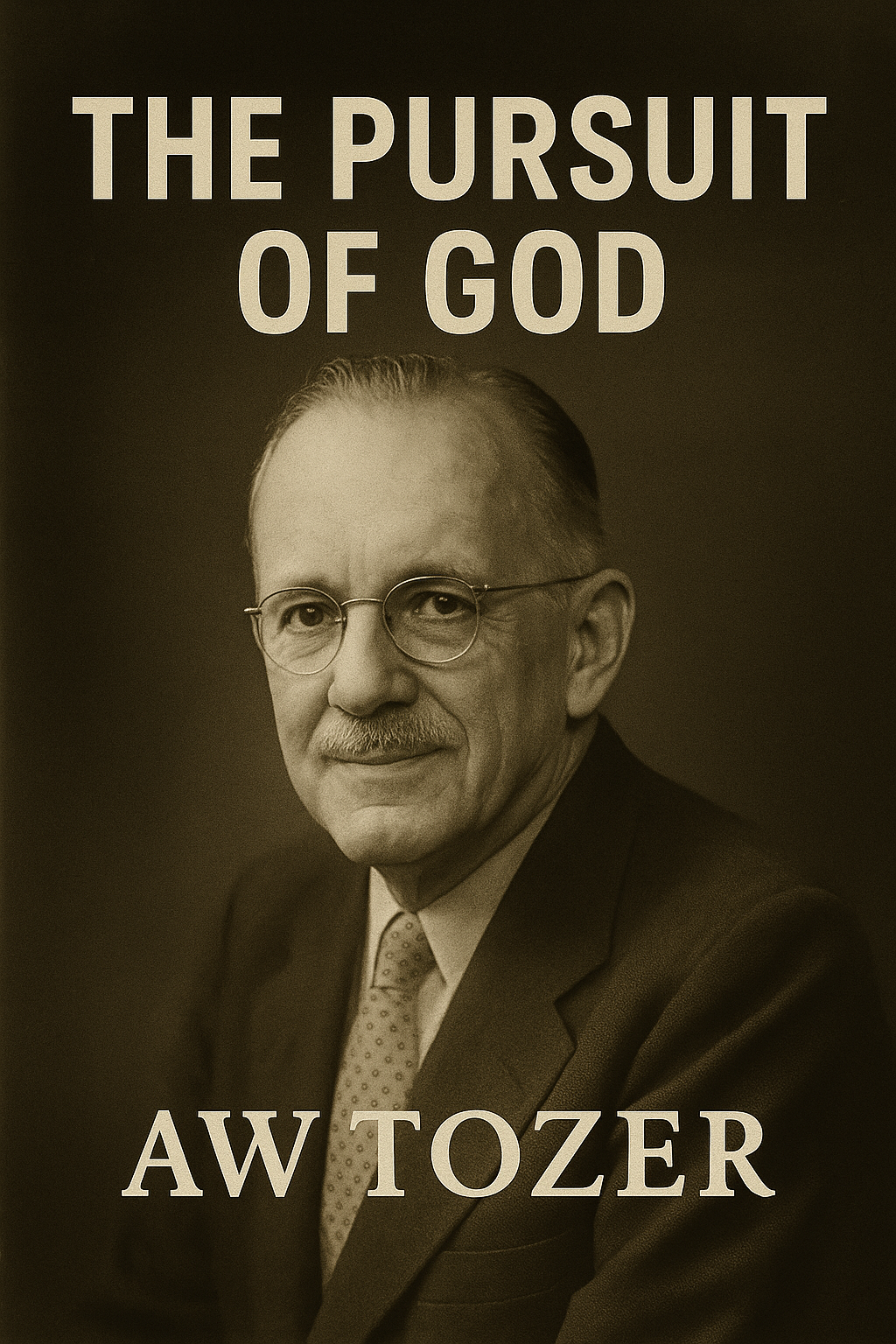
Contents
Chapter 10: The Sacrament of Living
Many believers unknowingly carry a false and exhausting idea — that life must be split into sacred and secular parts. Church, prayer, and Bible reading are treated as "holy," while working, eating, resting, or parenting are "ordinary" or even spiritually irrelevant. This division is not only unbiblical — it tears the soul in half. It leaves people constantly crossing back and forth, never at rest, always feeling that the "real" spiritual life is only happening in a narrow slice of their week.
This confusion stems from living in two realms — the spiritual and the natural. As humans, we deal with daily needs, tasks, relationships, and responsibilities. And as followers of Jesus, we also dwell in a higher, eternal kingdom. But these two are not meant to oppose each other. The sacred-secular split has no basis in Jesus' teaching. He lived His whole life — from infancy to crucifixion — in continual fellowship with the Father, without compartmentalizing. And Paul says clearly: "Whatever you do, whether eating or drinking, do it all to the glory of God."
That one verse destroys the illusion. If eating and drinking can be holy, then anything — from mopping a floor to closing a business deal — can be sacred. The line between worship and work was never supposed to exist. Every act of a believer, if done with the right motive and in the presence of God, can become a sacrament — an outward action flowing from inward grace.
This does not bring the holy down to a low level. It lifts all of life upward. The moment we offer our whole selves to God, everything we do with those selves becomes, in some way, worship. The believer who walks with God can sleep, talk, travel, or cook — all to the glory of God. What matters isn't the act itself, but the heart behind it.
We must break free from the old mindset — that some things are holy and others are just "stuff we have to do." That idea belongs to a pre-Christ world, where God was locked behind temple veils and only certain days or people could approach Him. But when Jesus died, the veil was torn, and access to God was opened to everyone. No more sacred buildings or holy calendars. No more special rituals required to come close. Every place is holy ground now. Every hour is God's hour.
Still, these old ways of thinking die hard. Even now, churches and Christians fall back into treating buildings or dates as more spiritual than others. There's a deep human craving to reintroduce the sacred-secular distinction — to make religion into a ritual again. But Jesus came to abolish all that. He brought us into a reality where the entire world is His temple, and our daily lives are His worship space.
Living this way takes practice. You don't just hear the truth once and suddenly think differently. It must be cultivated. We must let this vision "run in our blood," shaping how we think and respond. That means meditating on the idea, praying about it often, and deliberately inviting God into every part of our daily activity. Slowly, the old tension fades, and a restful unity enters our hearts. We stop swinging between "sacred times" and "real life." Instead, everything becomes one — one offering, one focus, one joy.
That doesn't mean all acts are equal in weight or impact. Writing a sermon or leading someone to Christ has a different significance than doing laundry. But both can be done in the same spirit — with love for God, with joy, with trust. It is the motive, not the result, that makes an act holy. The widow's coin and the prophet's voice were both sacred. God judges the heart.
This way of life also levels the ground between so-called "ministry" and "lay work." The farmer, the mechanic, the teacher — all can live priestly lives. There are no second-class Christians. Every believer is invited to be a sanctuary. Your cubicle can be as holy as a cathedral. Your kitchen can be a place of worship. God is not looking at what job you do, but whether your heart is devoted and your hands are offered to Him.
To live this out is a kind of rebellion — a gentle, joyful rebellion against a world that says only the spectacular matters. It is a way of saying, "My life, in all its ordinariness, belongs to God." The key is not in doing great things but in doing everything with God in mind. A mother bathing her child, a worker fixing a pipe, a student studying late — all can glorify God. Not by pretending their work is church, but by remembering that God is in them, with them, and receiving their work as worship.
This also frees us from the false shame so many carry — the sense that "if I were truly spiritual, I'd be doing more holy things." Jesus never gave that burden. He never asked us to escape our lives. He just asked us to bring Him into them.
If we embrace this, we gain more than peace — we gain unity of soul. Our inner selves become whole again. We are no longer split people. The restless dissatisfaction that haunts many Christians begins to fade. The pressure to be "religious enough" dies. And in its place, a quiet joy rises — the joy of walking with God in the real world.
Lord, I want to trust You completely and give myself entirely to You. I want to live every moment in Your Presence, to hear Your voice in my daily tasks, and to treat every act — however small — as a chance to worship You. Cleanse the intent of my heart with Your deep grace. Help me love You perfectly and praise You sincerely. I believe You will grant me this, through Jesus Christ, Your Son. Amen.